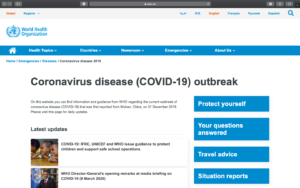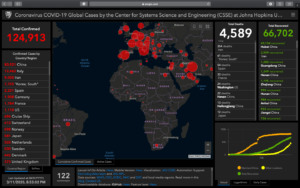The emergency caused by the spread Covid-19 is putting a strain on our health system and demands everyone’s collaboration to limit undesirable consequences.
CICAP, in accordance with its mandate, focuses on the role of information, which now more than ever has to be both clear and accurate. In recent days the dissemination of non fact-checked news, which then proved to be false, spanning from alleged miraculous cures to pure alarmism, has fuelled confusion and hindered efforts to deal with the epidemic.
CICAP asks the news media to honour their vital social responsibility and to exercise the utmost care in verifying news. In this crucial phase, going for the big headline and spreading unverified news is more than ever counter-productive.
Some advice:
- avoid interviewing people without a specific scientific background (such as show business, industry or sports personalities) on virus or lockdown-related issues
- entrust expert science journalists to verify research sources, to prevent the spread of unverified news such as the airborne transmission of the virus or the healing properties of vitamin C
- keep to the facts and avoid unnecessarily dramatic language: don’t use words such as “panic” or “hysteria” to describe people’s behaviour or use extreme language such as “massacre”, “lazaret” and so on
- don’t give space to conspiracy narratives not supported by solid evidence
oppose the spread of unverified audio messages.
We understand that journalism has an ethical obligation to timely reporting, but this must not be at the expense of fact-checking and contextualization that would allow for an autonomous and objective evaluation by the reader.



